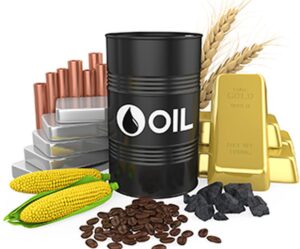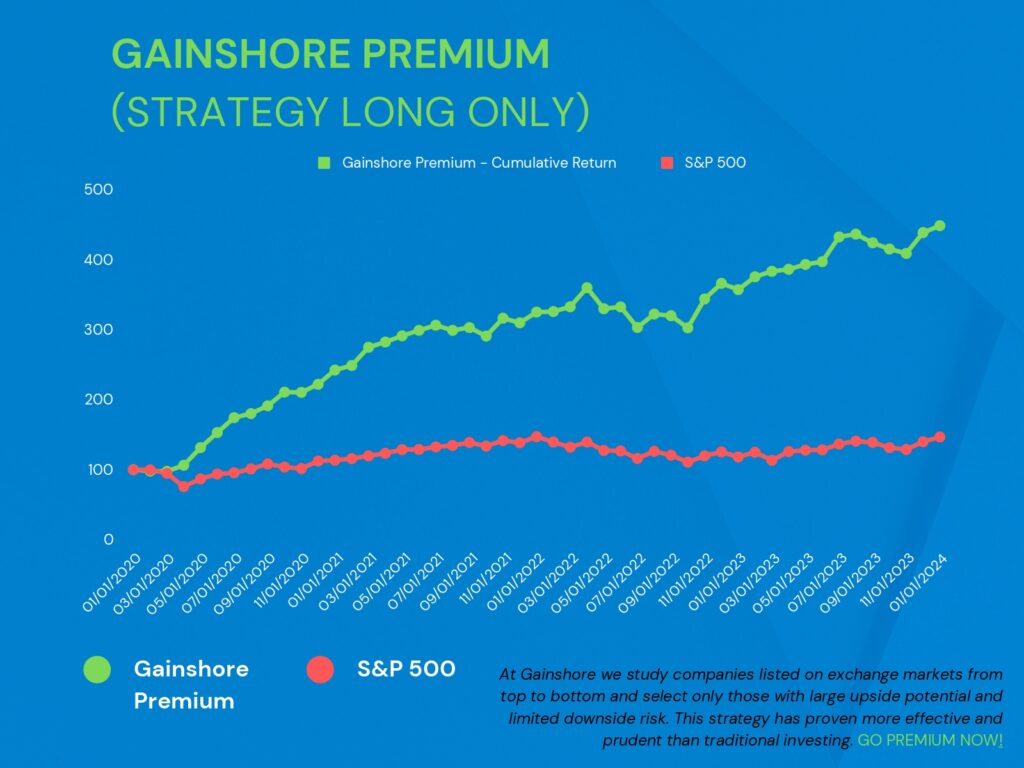
What are Commodities
Commodities refer to tangible resources such as gold, silver, crude oil, and agricultural products.
There are multiple ways of accessing commodity investments. For example, a commodity pool or “managed futures fund” is a private investment vehicle combining contributions from numerous investors to trade in the futures and commodities markets.
EXCHANGE TRADED COMMODITIES (ETCs) vs ETFs
Exchange Traded Commodities (ETCs) are financial instruments issued against a direct investment by the issuer in commodities or commodities derivative contracts. The price of ETC is, therefore, directly or indirectly linked to the performance of the underlying.
Similarly to ETFs, the ETCs:
- Are traded on the Stock Exchange like shares,
- Track the performance of the commodity or commodity indices to which they refer, thus being fully entitled to be included in the family of “passive instruments”.
ETCs extended investment opportunities: investors may take a position on one single commodity (gold, oil, gas, sugar, soybean, zinc, etc.), while ETFs can’t do it because they must ensure a certain degree of diversification in compliance with UCITS IV (Directive on Undertakings for Collective Investments of Savings).
ETCs are not UCITs, but they are rather securities without maturity issued by a vehicle company in relation to an investment in the commodity to which they refer or commodities derivative contracts entered into by the issuer with high-standing international dealers.






